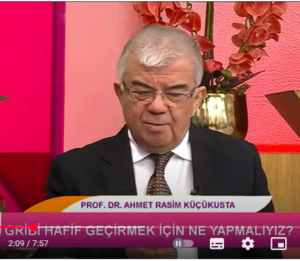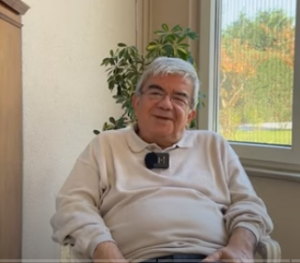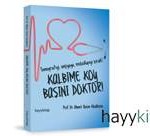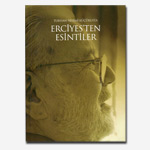EVIDENCE BASED MEDICINE IS BROKEN

Views & Reviews
From the Frontline
Evidence based medicine is broken
- Des Spence, general practitioner, Glasgow
Evidence based medicine (EBM) wrong footed the drug industry for a while in the 1990s. We could fend off the army of pharmaceutical representatives because often their promotional material was devoid of evidence. But the drug industry came to realise that EBM was an opportunity rather than a threat. Research, especially when published in a prestigious journal, was worth more than thousands of sales representatives. Today EBM is a loaded gun at clinicians’ heads. “You better do as the evidence says,” it hisses, leaving no room for discretion or judgment. EBM is now the problem, fueling overdiagnosis and overtreatment.1 ⇑
You see, without so called “evidence” there is no seat at the guideline table. This is the fundamental “commissioning bias,” the elephant in the room, because the drug industry controls and funds most research. So the drug industry and EBM have set about legitimising illegitimate diagnoses and then widening drug indications, and now doctors can prescribe a pill for every ill. The billion prescriptions a year in England in 2012, up 66% in one decade,2 do not reflect a true increased burden of illness nor an ageing population,3 just polypharmacy supposedly based on evidence. The drug industry’s corporate mission is to make us all sick however well we feel.4 As for EBM screening programmes, these are the combine harvester of wellbeing, producing bails of overdiagnosis and misery.
Corruption in clinical research is sponsored by billion dollar marketing razzmatazz and promotion passed off as postgraduate education. By contrast, the disorganised protesters have but placards and a couple of felt tip pens to promote their message, and no one wants to listen to tiresome naysayers anyway.
How many people care that the research pond is polluted,5 with fraud, sham diagnosis, short term data, poor regulation, surrogate ends, questionnaires that can’t be validated, and statistically significant but clinically irrelevant outcomes? Medical experts who should be providing oversight are on the take. Even the National Institute for Health and Care Excellence and the Cochrane Collaboration do not exclude authors with conflicts of interest, who therefore have predetermined agendas.6 7 The current incarnation of EBM is corrupted, let down by academics and regulators alike.8
What do we do? We must first recognise that we have a problem. Research should focus on what we don’t know. We should study the natural history of disease, research non-drug based interventions, question diagnostic criteria, tighten the definition of competing interests, and research the actual long term benefits of drugs while promoting intellectual scepticism. If we don’t tackle the flaws of EBM there will be a disaster, but I fear it will take a disaster before anyone will listen.
References
- ↵
Moynihan R. Preventing overdiagnosis: how to stop harming the healthy. BMJ2012;344:e3502.
- ↵
Health and Social Care Information Centre. Prescription cost analysis England 2012. April 2013. https://catalogue.ic.nhs.uk/publications/prescribing/primary/pres-cost-anal-eng-2012/pres-cost-anal-eng-2012a-rep.pdf.
- ↵
Spijker J. Population ageing: the timebomb that isn’t? BMJ2013;347:f6598.
- ↵
Centers for Disease Control and Prevention. Mental health basics. 2011. www.cdc.gov/mentalhealth/basics.htm.
- ↵
Cohen D. FDA official: “clinical trial system is broken”. BMJ 2013;347:f6980.
- ↵
The Cochrane Collaboration. Conflicts of interest and Cochrane Reviews. August 2013. www.cochrane.org/editorial-and-publishing-policy-resource/conflicts-interest-and-cochrane-reviews.
- ↵
National Institute for Health and Clinical Excellence. Advisory body recruitment pack. September 2007. www.nice.org.uk/media/134/39/CodePractice2AdvisoryBodyQuickGuide.pdf.
- ↵
Light DW. Risky drugs: why the FDA cannot be trusted. Harvard University Edmond J. Safra Center for Ethics. www.ethics.harvard.edu/lab/blog/312-risky-drugs.

















Which one is important; eminence based medicine or evidence based medicine ???
I thing that, today eminence based medicine more important :-))
Isn’t it ??
If you lie to get your money’s of no importance ..